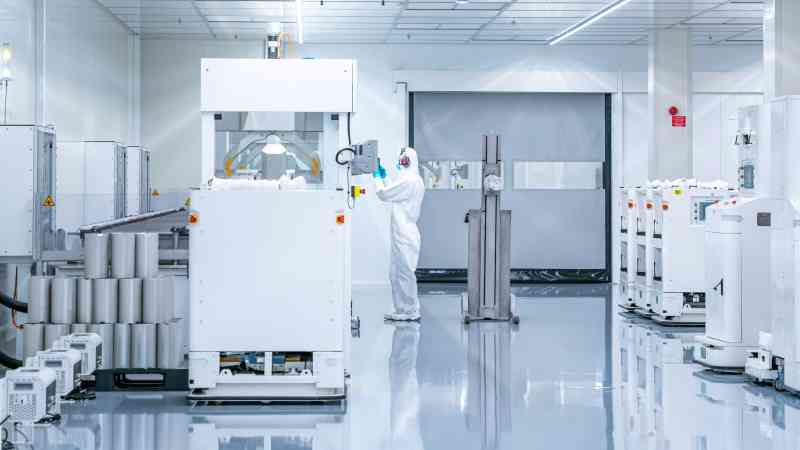Hopes for a European challenger to Far Eastern players dominating the battery market for electric cars suffered a setback as Northvolt announced plant shutdowns and the potential for large job losses.
The gigafactory group, which was set up eight years ago by two former Tesla employees in Sweden, has become one of Europe’s fastest-growing start-ups, having raised an estimated $15 billion from investors including the carmaker Volvo and Germany’s Volkswagen and BMW.
Against a backdrop of fierce competition and stalling demand for electric cars, Northvolt said it was mothballing part of its Skelleftea plant, in the north of Sweden, Europe’s first homegrown gigafactory, and closing its Borlange facility near Stockholm. It said it was searching for a joint-venture partner to develop an existing project at Gdansk in Poland. It said the future of other projects in Sweden, Germany and Canada would emerge in due course.
The company said that “a challenging macroeconomic environment” would lead to “a rescope of operations and appropriate resizing of our workforce”. It currently has more than 5,000 employees.
Peter Carlsson, Northvolt’s co-founder and chief executive, said: “We are having to take some tough actions for the purpose of securing the foundations of Northvolt’s operations to improve our financial stability and strengthen our operational performance. Conditions at this time are challenging.”
Tom Johnstone, a Scottish engineer and a well-known name in Swedish industrial circles, is currently Northvolt’s caretaker chairman. “Our success is in part dependent on the overall market ramp-up of electric vehicles,” he said. “We must build on lessons learnt through our journey to date.”
The company said: “The cost-saving mechanisms necessary … will regrettably include some difficult decisions on the size of our workforce to match the needs of a reduced scale of operations.”
Last year the company lost more than $1 billion but raised a further $5 billion in a latest funding round earlier this year. Northvolt has previously enjoyed state aid and money from the European Investment Bank.
